
Commentary Feature
This element is something that Fordham can rotate out to highlight a resource of something very topical. The feature itself is “showing” Fordham-National policy work while the supporting copy is “telling” the user about Fordham-national policy work.

Resources for learning from home during Covid-19 school closures
With more than half of states closing their schools due to the coronavirus pandemic, hundreds of thousands of parents, grandparents, and other caregivers have become de facto “home schoolers” practically overnight. Students in this situation will likely be spending a fair amount of time on screens—as a lifeline, respite, or both. We have compiled some excellent suggestions—updated several times since initial publication—for making at least some of that time educational.

Resources for learning from home during Covid-19 school closures

Smiling through: Thirty-two resources for entertaining energetic preschoolers during daycare and preschool closures

Great YouTube channels for middle schoolers and high schoolers for learning from home during COVID-19 school closures

Ways your whole family can volunteer during the COVID-19 crisis

A test for the test: Moving the AP exams online

6 ways districts can deliver quality virtual instruction

Why reformers will miss Secretary DeVos when she’s gone

The relationship between racial discipline and achievement gaps
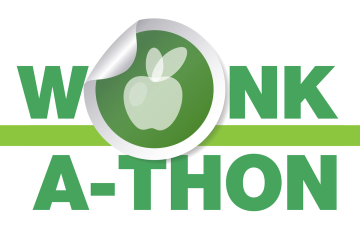
Wonkathon 2019: What’s the best way to help students who are several grade levels behind?

The Education Gadfly Show: NAEP 2019: It (was) the economy, stupid
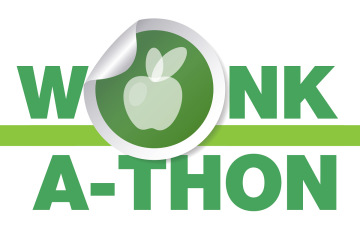
From Play-doh to Plato: All students need to grapple with grade-level text

Tailored paths that can combine pre-, on-, and post-grade skills are the solution for students below grade level in math
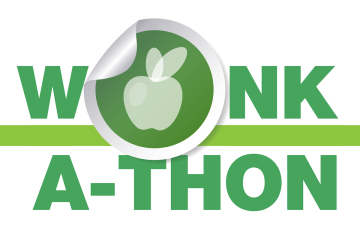
To help students who are behind, find out if their assignments match their goals
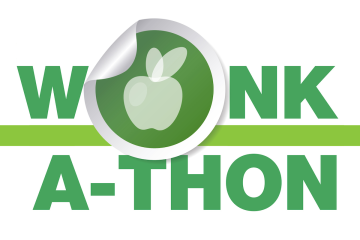
Rigor or personalized learning? Just ask Dr. Seuss.
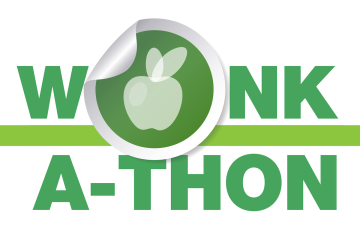
2019 WONKATHON THIRD-PLACE ENTRY: Follow schools’ leads to embrace personalized learning and academic rigor
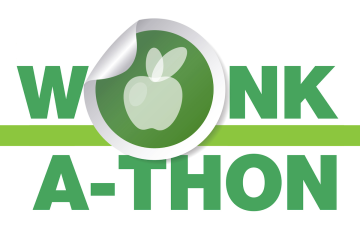
To help students who are several “grade levels” behind in reading, focus on building—and assessing—students’ knowledge
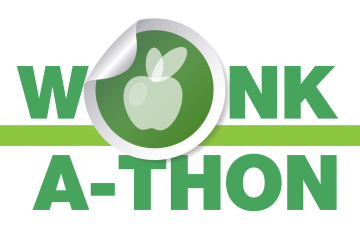
To help students who are several grade levels behind, implement IEPs in elementary and middle school

Low-income students are profoundly underrepresented in gifted programs
The Education Gadfly Weekly
Fordham's flagship newsletter with the latest in news, opinion, and analysis from our staff and featured guest authors